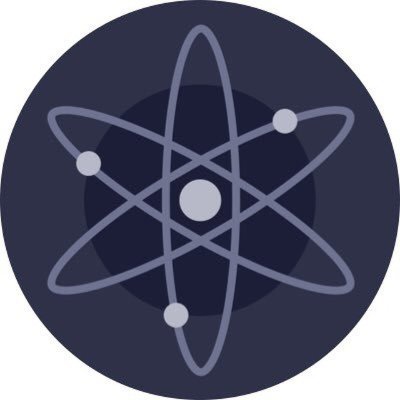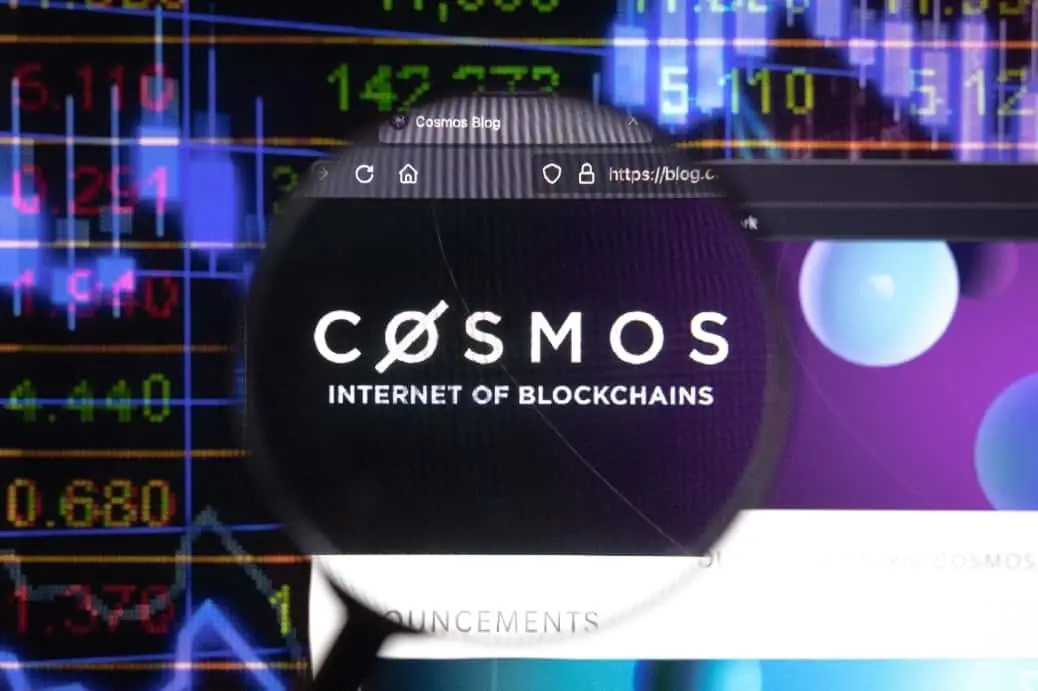The AtomOne fork charter is announced, does the "New Cosmos" token economics show improvement?
Written by: Sharon, BlockBeats >
Table of Contents: · Cosmos "The community is at a crossroads," fork proposal token economics revealed · The spark for the fork: Approval of proposal #848 · Infighting continues, what lies ahead for Cosmos?
This weekend, the discussions surrounding the Cosmos fork and new proposals have been widely debated within the crypto industry ecosystem. Since the voting for the proposal "ATOM Reduction: Setting the Maximum Inflation Rate to 10%" began on November 15, and its official approval on November 26, the discussions within the Cosmos ecosystem have gradually spilled over into the entire industry.
On November 27, Cosmos co-founder Jae Kwon (@jaekwon) announced that there would be a fork of "Cosmoshub4," with the new network named "AtomOne." This statement may further escalate the discussions surrounding Cosmos.

Cosmos "The community is at a crossroads," fork proposal token economics revealed
In the lengthy article by Jae, a document was provided, revealing more information about the anticipated fork.

According to the document, the Cosmos community is at a crossroads, facing differing opinions and challenges in key areas such as mission, token economics, and security philosophy. These challenges stem from the core token economics, the nature of the $ATOM token (whether for staking or currency), monetization strategies, and what types of projects to fund.
"There seems to be a significant cultural gap between our roles and responsibilities compared to our profit interests, with no signs that this gap will close."
Meanwhile, the $ATOM1 token economics were also revealed in the document. It is stated that $ATOM1 will be defined as the staking token for the minimum ICS1.5 IBC AtomOne Hub, always maintaining 2/3 of $ATOM1 staked.
"AtomOne will provide an $ATOM binding zone in the core shard to compete with collective 'liquid staking' service providers. These $ATOM will be automatically delegated to consistently determined validators by the system identified by $ATOM1 stakers through ICA (Inter-Chain Accounts). The guarantors of this service will receive liquid $phATOM tokens."
"In addition to Gaia's $ATOM, AtomOne's $ATOM1 token can also be bound with the $phATOM1 token. Thus, $phATOM and $phATOM1 tokens coexist, but there are some differences in the token economics between them. We have more control over the $phATOM1 token economics, although changes introduced by $phATOM1 may upstream to Gaia's $phATOM."
"As a reward for delegating the voting decisions of $phATOM holders to $ATOM1 stakers, AtomHub will provide $phATOM holders with a permanent opportunity to merge $phATOM into $phATOM1 at a reasonable exchange rate determined by $ATOM. The best available method will be determined by $ATOM1 stakers, with a minimum conversion penalty of 20%, and the total market value ratio between $phATOM and $phATOM1 not exceeding 1:2. To be clear, this means that in the event of Gaia's failure, $phATOM token holders can dilute $phATOM1 holders, reducing the underlying $ATOM1 of $phATOM1 holders to as low as 2/3 before the merger (but not less)."

The spark for the fork: Approval of proposal #848
In fact, the direct trigger for the fork initiated by the Cosmos co-founder stems from the proposal codenamed #848 from the Cosmos community.
On November 12, the Cosmos Hub community initiated the proposal codenamed #848 "ATOM Reduction: Setting the Maximum Inflation Rate to 10%" and called for community voting. According to official documents, the proposal aimed to reduce the ATOM inflation rate from approximately 14% to 10%, which would lower its staking annual interest rate from about 19% to approximately 13.4%.

In the following days, the Cosmos ecosystem tokens experienced a general rise, with the ATOM token seeing a 7-day increase of 12%.
Meanwhile, on the day the proposal was initiated, Jae Kwon (@jaekwon), who had long left Cosmos, posted on social media indicating that if #848 passed, AIB might first diversify significantly from ATOM and then fund the minimum hub fork according to #raptureparty: "I suggest that everyone who is disappointed with the status quo do the same."

He also proposed that "every influencer" in Cosmos advocating for a reduction in the central MAX_INFLATION rate should be listed so that everyone can avoid those who cannot understand the systemic risks they introduce: "In my view, this is a huge warning sign and approaches malice."
Despite Jae's strong opposition to the proposal, it was successfully approved on November 26. Notably, the proposal had a support rate of 41.1%, an opposition rate of 31.9%, and an abstention rate of 20.4%. According to official information from Cosmos Hub (@cosmoshub), "The voting rate for this proposal is the highest in the history of Cosmos Hub—72.7%."

After the proposal was approved, Jae published a long article on social media on November 26, expressing his views on the proposal. Jae believes that the final plan should include integrating ATOM with ATMO/ATMO1, so that ATOM is not massively sold off and crashes entirely, but rather allows ATOM to participate, although the README content can be improved.
It is also worth noting that Jae stated there would be a fork of "Cosmoshub4," with the new network named "AtomOne," making it the current software, but it will be managed through its own plans and development team (more decentralized than Gaia) to transition to the minimum viable product: "AIB will not be the only participant; all who voted against are welcome to join."
Infighting continues, what lies ahead for Cosmos?
In fact, the turmoil and heated discussions caused by this proposal and fork may have been brewing for some time. At the end of October, Jae published a blog post, revealing a series of issues he encountered within the project since he became involved in Cosmos in 2013. The main issues centered around another co-founder, Ethan Buchman (@buchmanster), whom Jae believes has orchestrated the project's split and misappropriated funds.
Related reading: "Infighting continues in Cosmos, why did the founder lash out at the co-founder?"

It is reported that the two initially collaborated harmoniously, but as the project developed, Ethan gradually diverged from Jae and distanced himself. Under Ethan's actions, the core team left, project management became chaotic, and foundation funds were misappropriated, which Jae attempted to stop but to no avail.
He stated that Ethan conspired with unknown forces behind the scenes, deliberately infiltrating and undermining the project. Despite Jae's repeated warnings, the issues remain unresolved, and he believes action must be taken to correct the situation; otherwise, the project's prospects are bleak.
In fact, according to BlockBeats' observations, the turmoil caused by this Cosmos proposal stems from the inconsistencies in opinions and philosophies from the founders to the community, and it seems that there is no improvement in the short term, which will inevitably bring more uncertainty to Cosmos's future. Perhaps Cosmos will ultimately head towards a fork, or perhaps there will be more turning points.










